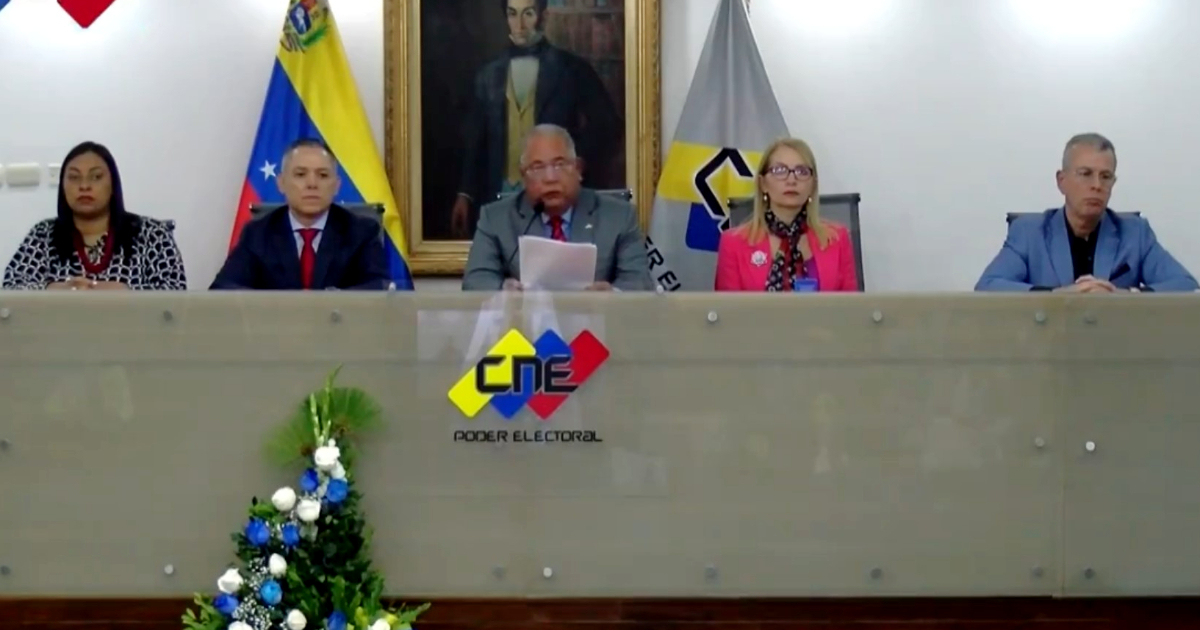
The National Electoral Council (CNE) of Venezuela, controlled by the ruling party, announced the holding of presidential elections for next July 28, evoking the "mega elections" of the year 2000.
The announcement coincided with the eleventh anniversary of the death ofHugo Chavez, whose legacy the presidentNicolas Maduro swore to perpetuate,assisted by the secret services and the influence of the Cuban regime.
The Venezuelan opposition faces significant obstacles, highlighting theratification of disqualification of the former deputyMaria Corina Machado, a prominent figure in opposition politics, barred from holding public office for 15 years after a Supreme Court ruling in January.
This situation leaves the opposition without a clear candidate and with a scant margin of 20 days to present a viable alternative, a circumstance that has been highlighted by other opposition leaders with ambitions to lead the alternative to Maduro, such asHenrique capriles radonski.
Maduro, who has held the presidency since 2013, has increased his appearances at government and political events, which is interpreted as a campaign effort, even though his official candidacy for re-election has not been confirmed.
However, senior officials of the United Socialist Party of Venezuela (PSUV) assume that Maduro will seek a third term, despite the controversy surrounding his reelection in 2018, which was considered "fraudulent" by the opposition and not recognized by United States and the European Union.
Preparations for the elections have been rapid, with the candidate registration period set between March 21 and 25 and a short electoral campaign from July 4 to 25.
This has provoked varied reactions among the country's political actors, with some leaders of the non-traditional opposition already announcing their intentions to run in the presidential elections, which, according to the channelFrance 24, could result in a division of the anti-Chavista vote.
The situation of the Venezuelan elections is of particular interest to the international community, especially after the agreements reached between the government and the opposition, mediated by Norway, and which contemplate the observation of the European Union.
However, the credibility of the electoral process and the actions of the CNE continue to be points of concern due to irregularities and disqualifications of opposition candidates.
What do you think?
COMMENTFiled in: